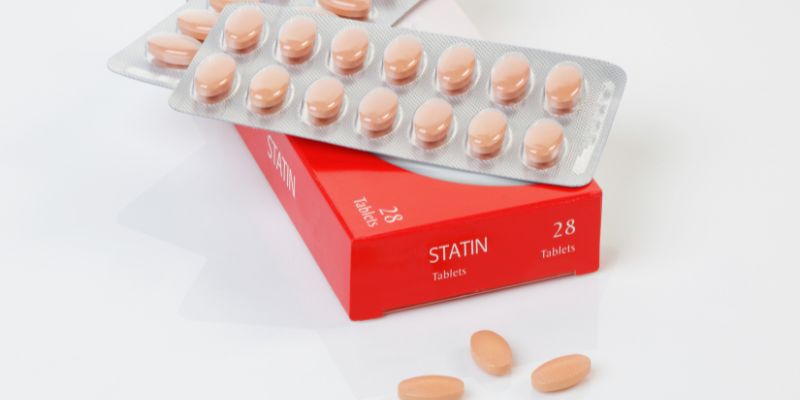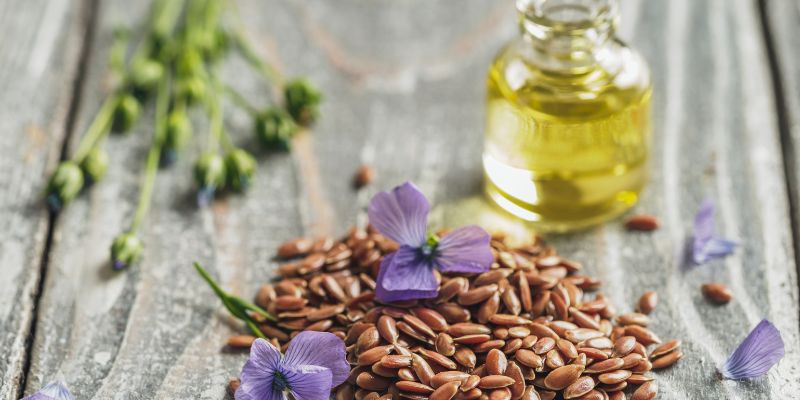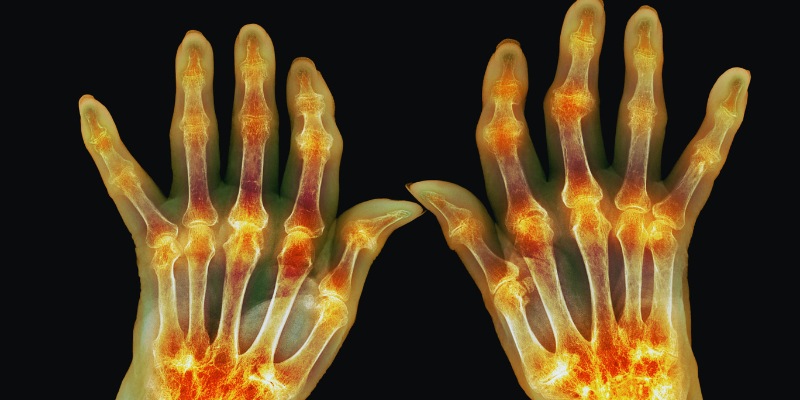Which Foods To Avoid With Diabetes: A Complete Understanding
Do you know why diabetic patients are more conscious of what they eat? That is because their blood glucose level fluctuates significantly depending on what they had for breakfast or dinner. In this scenario, people with diabetes need to make healthy choices to control blood glucose levels, monitor their eating habits, and, most importantly, avoid the food that causes blood sugar spikes.
Now, you might be wondering what those foods are. If so, let us tell you that most of those foods contain a higher amount of carbohydrates, which change the blood sugar level quickly, like processed foods. If you are interested in knowing more about these foods, keep on reading!
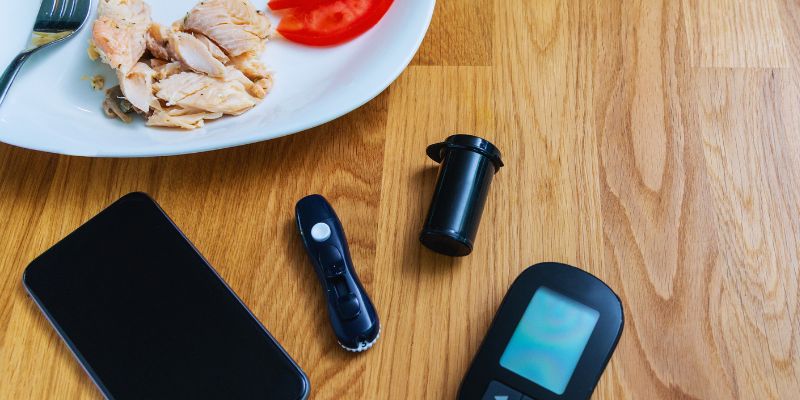
Why Is Diet Important For Diabetes Patients?
There is a famous saying that goes, "You are what you eat." Our diet is where we get our energy; different foods give different amounts of energy. How food responds in your body also varies from person to person. Some people are allergic to certain foods, while some are not. As for a normal person, diet is important, but it is more important for diabetes patients.
Diabetic patients should always check what they put on their plates before eating. Their bodies are very sensitive to whatever they consume, especially carbohydrates and processed foods, which cause blood sugar spikes. Therefore, people with diabetes should be mindful of what they eat. A healthy and balanced diet helps them control diabetes, blood pressure, and related health complications.
How Carbohydrates Affect Your Blood Sugar?
Carbohydrates break down, forming an end product called glucose. Diabetic patients cannot produce enough insulin to break down glucose molecules in the blood to be absorbed by the cells. In this way, blood sugar content increases, leading to blood sugar spikes, a nightmare for a diabetes patient. Well, not all kinds of carbohydrates cause blood sugar spikes.
Knowing the difference between healthy and refined or unhealthy carbohydrates is important. How do they affect blood glucose differently? Let's find out below:
- Complex Carbohydrates: Healthy or complex carbohydrates are essential for your body. They serve as the body's main source of energy. Fiber and starches are complex carbohydrates. They have a complex molecular structure, so they are not easily broken down and absorbed slowly in the body. Resultantly, they do not cause sugar spikes. But keep in mind that they still are carbohydrates. Moderate consumption is recommended.
- Simple Carbohydrates: Unhealthy or simple carbohydrates such as sugar (present mostly in processed foods) can lead to sugar spikes because they are easily digested and absorbed by the body, which can be very dangerous for diabetes patients.
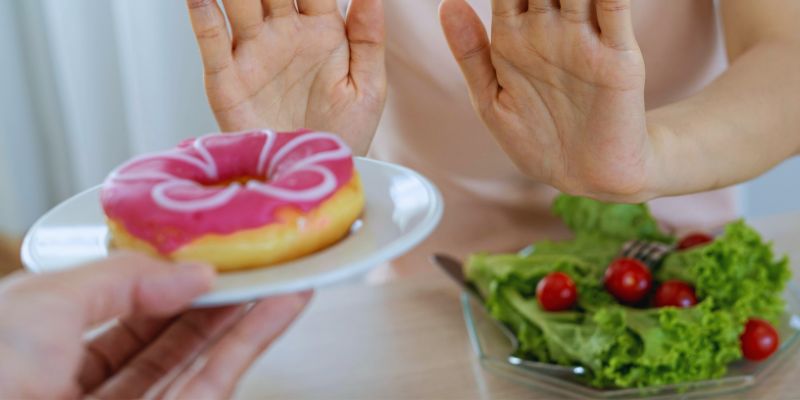
Seven Foods To Avoid If You Have Diabetes
You have learned how food and different carbohydrate types affect the blood sugar level. Now, let's see what those that contain simple carbs and cause sugar spikes:
- Processed Foods: Processed foods such as sweetened cereals, baked foods (cookies, biscuits, cakes, donuts), unhealthy snacks, full-fat dairy products, candies, processed meat (sausages, hot dogs), added-sugar drinks, and refined carbohydrates lead to blood sugar spikes. Diabetes patients must avoid these foods if they want to stay healthy.
- Fried Foods: Most diabetes patients suffer from high cholesterol levels. Fried foods such as French fries, burger patties, fried chicken, etc., increase cholesterol levels even more. During frying, the food absorbs all the fats from the oil, making it the worst food choice for people with diabetes. Plus, fried food is not good for heart health and weight management. Avoid fried foods as much as possible.
- Foods Containing Simple Carbs: White pasta, rice, and bread are high in carbohydrates. These foods contain little to no fiber and a high amount of refined carbohydrates, leading to blood sugar spikes and high blood pressure.
- Store-Bought Fruit Juices, Sodas, Or Honey: Most of the juices in grocery stores are mixed with artificial flavors and sweeteners, making them the worst food choice for managing diabetes. Honey also contains many simple carbs and artificial sugar, sometimes more than the juices. Even natural fruit juices should be avoided, though they don't contain artificial sugar, because the glucose in the fruit breaks down while blending, making it easy to penetrate the bloodstream.
- Salty Foods: Canned foods, such as chicken, soups, chips, popcorn, sauces, and dressings, contain a high amount of sodium, which can raise blood pressure.
- Trans fats: Trans fats are directly responsible for insulin resistance and high cholesterol levels. They have inflammatory effects that can cause other health complications, such as cardiovascular diseases and high blood pressure.
- Dried Fruits: These foods are dehydrated and left with high calories and sugar. It contains glucose as well as fructose. They contain the same sugar as in original fruit but in a small package. Instead, eat fresh fruits to get some fiber and a healthy amount of sugar to satisfy your craving.
It may be challenging to avoid such foods that are addictive and good in taste. But health should be your number one priority. Once you start eating healthy, you will feel a change in your energy and blood sugar levels. Instead, the following are the healthy food choices that you can add to your meal plan:
- Fruits and vegetables
- Whole grain, for example, whole wheat, barley, oats, and brown rice
- You may add lean meat, nuts, beans, eggs, fish, and lentils for protein
What Is The Diabetes Plate Method?
The diabetes plate method lets you eat better and helps you get all the necessary nutrition on one plate. Plus, it also helps you to divide your meal into different portions. Thats because, in this method, you will:
- Fill 1/2 of your plate with non-starchy vegetables
- Fill 1/4 of your plate with starchy vegetables, beans, or lentils, and lastly
- Fill 1/4 of the plate with only protein, such as eggs, meat, or low-fat cheese.
This way, you have a complete meal containing all the fiber, essential minerals, and vitamins without excessive carbohydrates.
Conclusion:
Diet plays a key role in managing blood glucose, blood pressure, cholesterol levels, and other diabetes-related complications. It is because the carbohydrates can cause blood sugar spikes or change the blood sugar levels. Therefore, you should avoid certain foods in your diet plan, such as processed foods, foods high in carbs, fried foods, salty foods, trans fats, and dried fruits. You may add other healthy alternatives, including fruits and vegetables, whole grains, and fibrous foods. Always eat the right portion and eat on time; don't skip your meals.






